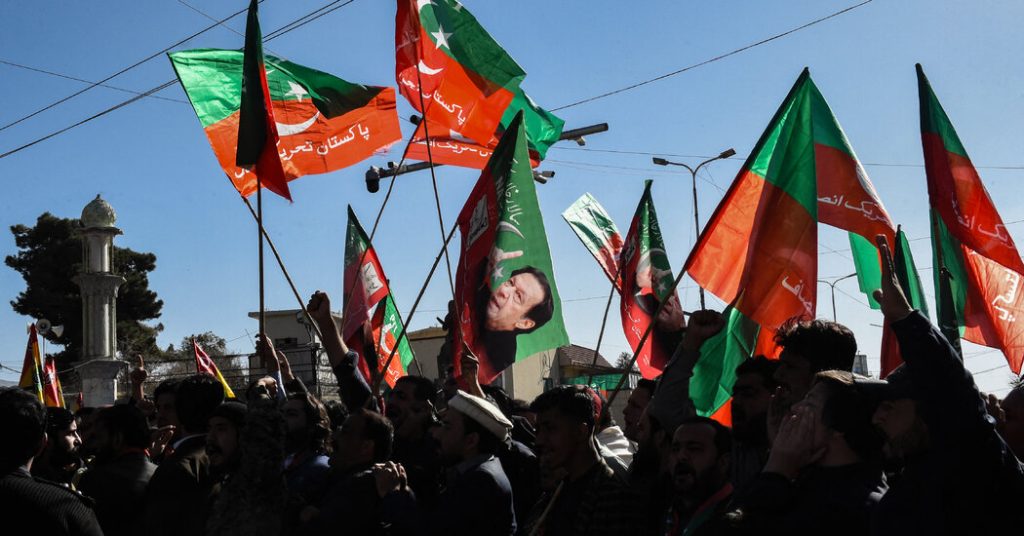Pakistan’s military has long been the most important institution in the country, often intervening to remove elected governments. Many Pakistanis viewed the military as the only force capable of preserving national unity. However, the military’s influence has been challenged by former Prime Minister Imran Khan, leading to a loss of prestige. Khan was ousted, jailed, and his party was excluded from a new civilian government that took power with military support. This has left the country deeply divided, and there are concerns about internal rifts within the military itself, with factions sympathetic to Khan’s anti-American vision for the country.
The military’s troubles come at a difficult time for Pakistan, with economic challenges and security threats on multiple fronts. General Syed Asim Munir, the army chief, is working to mend relations with Washington and address issues with neighboring countries like India, Afghanistan, and Iran. The military, which played a role in bringing Pakistan back to democracy after Gen. Pervez Musharraf’s regime, faces scrutiny for its handling of political affairs and foreign relations. The military leadership sought a more cooperative political partner by aligning with Khan, but this alliance ultimately backfired, leading to Khan’s removal from office.
Before the recent elections, the military took steps to prevent Khan’s party from winning, but the party still performed well in the polls. The military engineered a coalition government headed by Prime Minister Shehbaz Sharif, including traditional parties that had once been marginalized. However, there are widespread allegations that the election was rigged, leading to a large segment of the population feeling disenfranchised. General Munir is working to address dissent within the military and heal divisions, but challenges lie ahead, including the expiration of his term next year.
Many within the military expect General Munir’s successor to be more sympathetic to Khan, potentially leading to new elections and Khan’s return to politics. This prospect has raised concerns about the potential repercussions of a vengeful Khan in power. The military leadership’s attempts to maintain control and unity within its ranks could face further tests if Khan were to return to the political stage. The country’s future political stability, security, and trajectory remain uncertain as long as the rift over Khan persists within the military.
Despite efforts to maintain unity in the short term, internal divisions within the military pose a significant challenge to Pakistan’s stability and security. General Munir’s attempts to quell dissent and address grievances within the armed forces may have short-term success, but the long-term implications of the rift over Khan remain uncertain. The military’s ability to navigate these internal challenges and potential leadership changes will have a significant impact on Pakistan’s future political landscape and overall stability.


